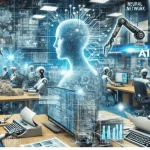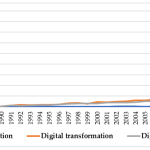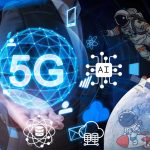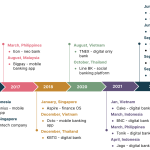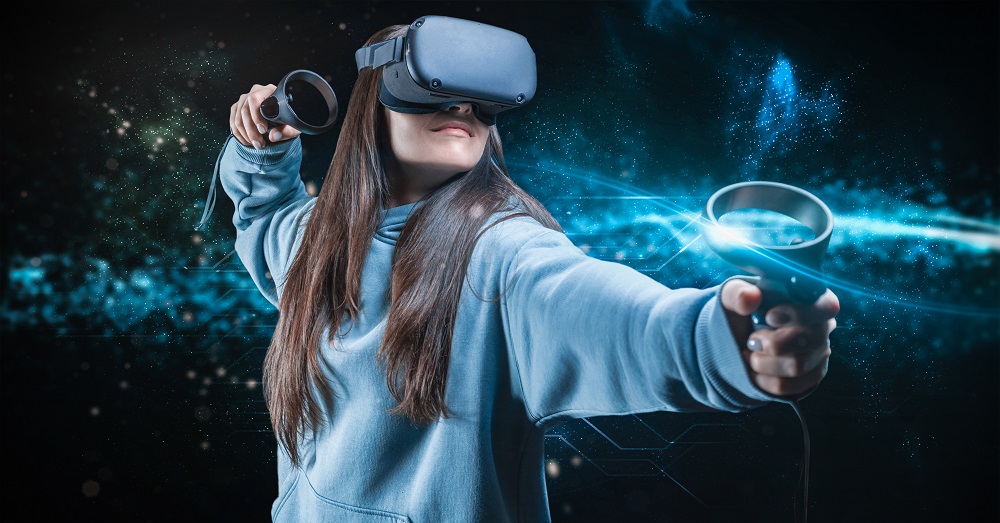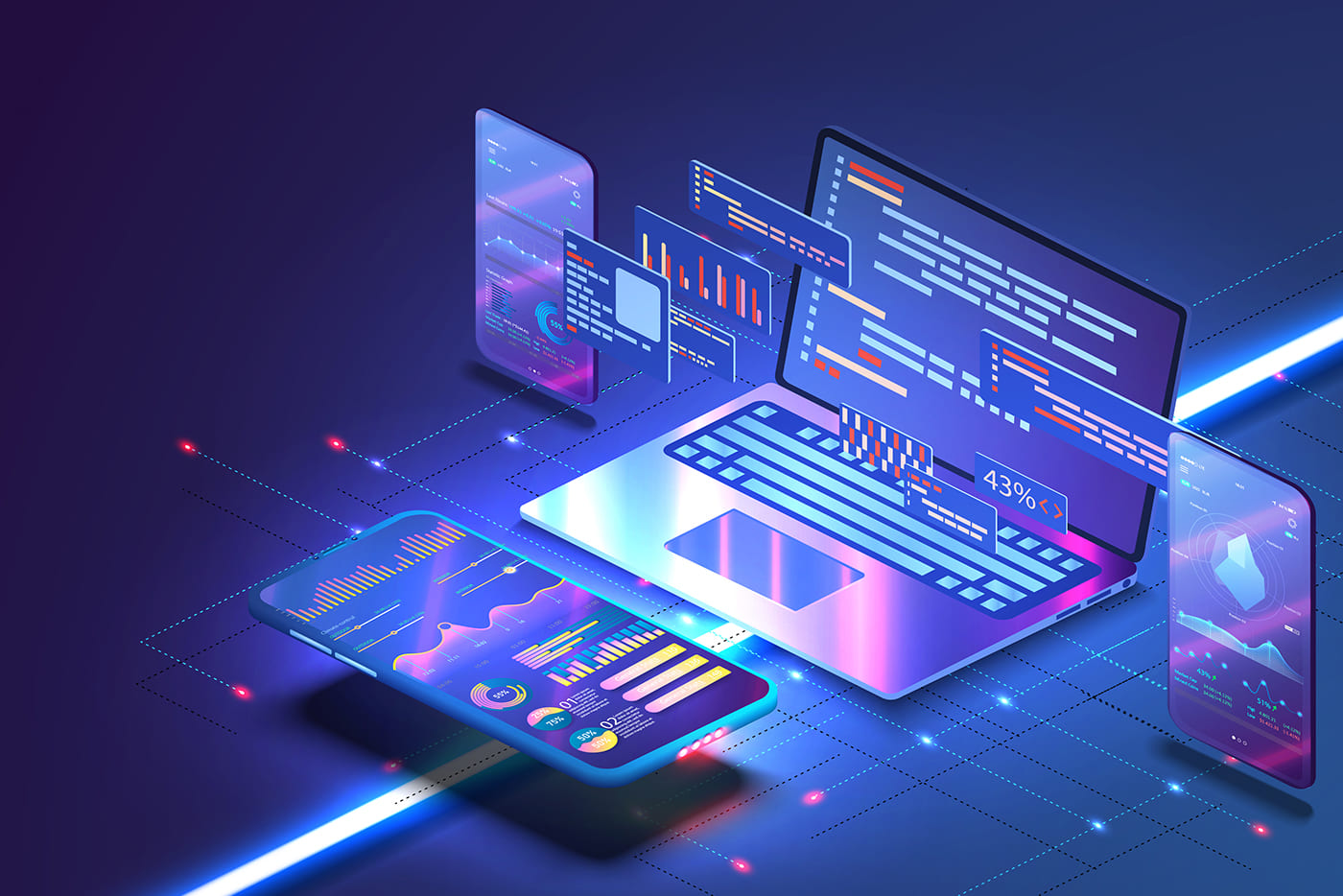The global economy in 2025 is undergoing one of the most dynamic transformations in history, driven largely by digital innovation and rapid technological advancement. From artificial intelligence and blockchain to automation and data analytics, technology is not only changing how industries operate but also redefining the foundations of economic growth.
As nations and corporations adapt to digital transformation, new opportunities are emerging across finance, trade, and labor markets. The integration of smart technologies is creating a new era of global interconnectivity, where data and automation drive efficiency, resilience, and long-term sustainability.
Digital Transformation and Global Competitiveness
Digital transformation has become the key driver of competitiveness in the modern economy. Countries investing heavily in digital infrastructure, such as 5G networks and cloud computing, are gaining a clear advantage in productivity and innovation.
According to recent economic analyses, digital economies now contribute over 15% of global GDP — a figure expected to rise significantly by 2030. Businesses that embrace digital strategies are seeing stronger growth, improved customer experiences, and faster adaptation to market changes.
The Role of Artificial Intelligence in Economic Growth
Artificial intelligence (AI) has become the backbone of global productivity. In 2025, AI-powered tools are automating business operations, optimizing logistics, and improving decision-making in sectors such as finance, healthcare, and manufacturing.
AI’s impact on the labor market is both transformative and complex. While it automates repetitive tasks, it also creates demand for new skill sets in data analysis, software development, and robotics — reshaping the workforce for a digital future.
Automation and the Future of Work
Automation continues to reshape global employment patterns. Smart factories and robotic systems are improving production efficiency, while digital tools are enabling remote work and hybrid business models.
Governments and companies are focusing on reskilling programs to prepare workers for high-tech roles. The future economy will increasingly rely on human-AI collaboration, blending creativity with machine precision to achieve higher productivity and innovation.
E-Commerce and the Digital Trade Revolution
The expansion of e-commerce has redefined global trade. Digital marketplaces and cross-border platforms are connecting small businesses to international customers like never before.
With advancements in fintech, blockchain, and digital payment systems, transactions are faster, safer, and more transparent. This shift is empowering entrepreneurs and boosting economic participation, especially in developing regions that previously lacked access to global markets.
Blockchain and Financial Innovation
Blockchain technology is disrupting traditional finance by offering secure, decentralized systems for transactions and data management. In 2025, banks and corporations are adopting blockchain to streamline processes, verify identities, and enhance transparency.
Central banks are exploring digital currencies (CBDCs) to modernize payment systems and strengthen monetary policy. These innovations are reshaping global finance, promoting inclusion while challenging outdated banking models.
Data-Driven Economies and Smart Decision-Making
Data has become the most valuable asset in the digital economy. Advanced analytics and big data platforms enable governments and businesses to make smarter, faster decisions based on real-time insights.
From predicting market trends to managing supply chains, data analytics drives operational efficiency and risk management. As data sharing and AI modeling evolve, economies are becoming more interconnected and intelligent than ever before.
Sustainability and Green Innovation
Digital transformation is also fueling sustainability. Smart grids, renewable energy systems, and AI-driven climate models are helping countries reduce carbon emissions while maintaining economic growth.
Companies are using digital technologies to monitor resource use, track emissions, and develop eco-friendly solutions. In 2025, sustainable innovation has become both an ethical imperative and a strategic advantage for global competitiveness.
Cybersecurity and Economic Stability
As economies become increasingly digital, cybersecurity has become a cornerstone of stability. Cyberattacks, data breaches, and ransomware threats pose major risks to financial institutions, governments, and businesses.
To safeguard economic systems, nations are investing heavily in cybersecurity frameworks, AI-powered threat detection, and international cooperation. Digital trust is now a critical factor influencing investment, trade, and consumer confidence.
The Role of Governments in Digital Growth
Governments worldwide are taking an active role in guiding digital transformation. Through regulatory reforms, digital infrastructure investments, and innovation incentives, policymakers are laying the groundwork for sustainable economic growth.
Public-private partnerships are key to driving innovation in sectors such as transportation, healthcare, and education. As governments embrace data-driven governance, they are becoming more transparent, efficient, and responsive to citizens’ needs.
Challenges in the Global Digital Economy
Despite its promise, digital transformation also brings challenges. The growing digital divide between advanced and developing nations risks widening inequality. Access to technology, internet connectivity, and digital education remains uneven across regions.
Additionally, ethical concerns around data privacy, AI bias, and surveillance continue to spark debate. Balancing innovation with fairness and inclusivity will be critical to building a stable, equitable global economy.
FAQs
What is digital transformation in economics?
Digital transformation refers to integrating technologies such as AI, blockchain, and automation into economic systems to improve efficiency, productivity, and innovation.
How does AI impact the global economy?
AI increases productivity, automates complex processes, and drives innovation across industries, though it also requires workforce reskilling.
What role does blockchain play in modern finance?
Blockchain provides secure, transparent systems for digital transactions, helping reduce fraud and improve financial inclusion.
Can technology promote sustainability?
Yes. Green technologies, AI, and data analytics help reduce waste, monitor emissions, and support environmentally responsible growth.
What are the main challenges of digital transformation?
The main challenges include cybersecurity risks, inequality in digital access, and ethical issues related to data use and privacy.
Conclusion
The digital transformation of the global economy is not just a technological shift — it’s a fundamental reimagining of how the world grows, trades, and innovates. Nations and businesses that embrace these advancements are setting the pace for a more connected and resilient future.
As 2025 unfolds, the global economy continues to evolve toward an era of intelligent automation, sustainability, and inclusivity. The fusion of technology and strategy will determine not just who leads in innovation, but who thrives in the next great wave of economic progress.




